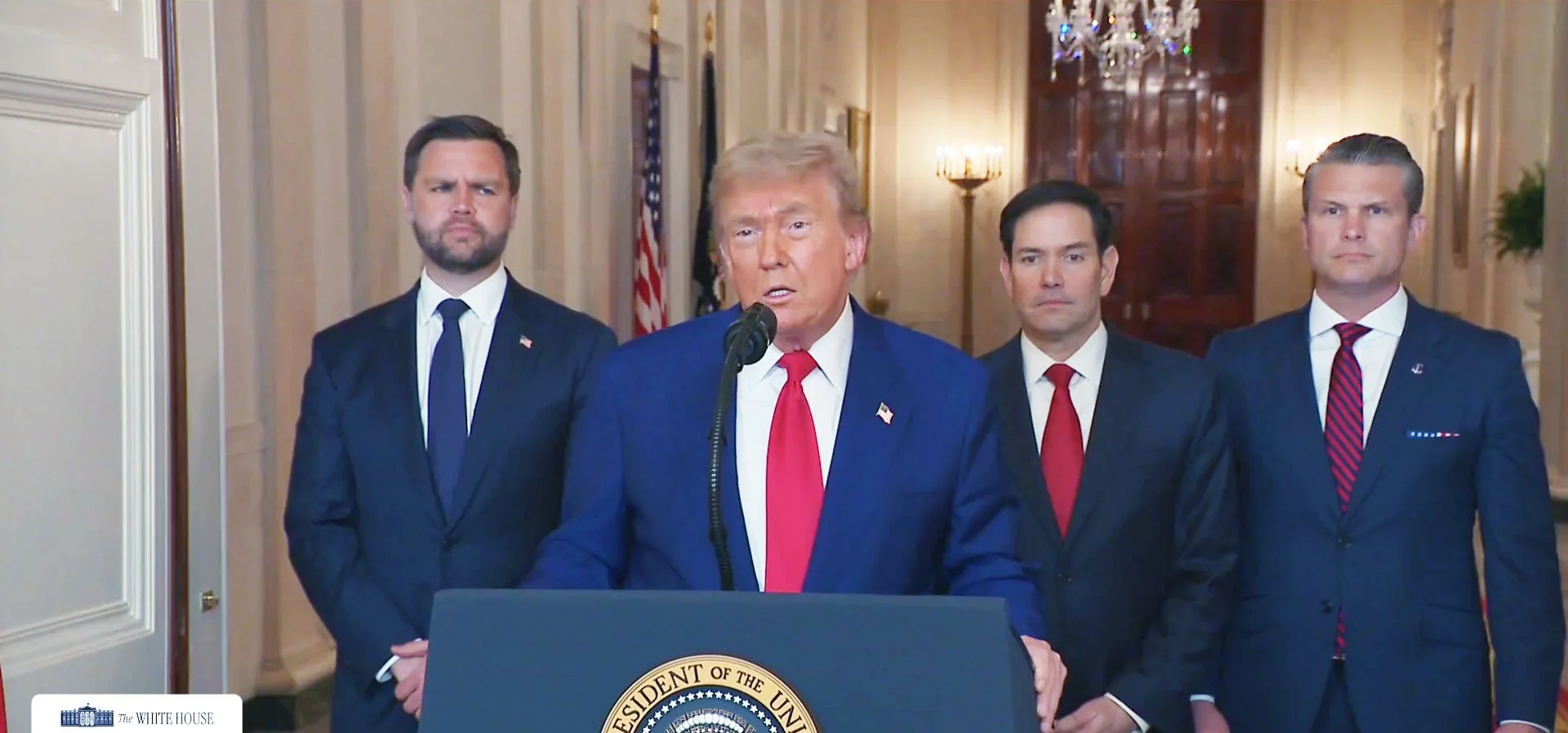Young: Energy security could be Canada’s competitive edge
Rebekah Young is Scotiabank’s Vice President, Head of Inclusion and Resilience Economics. ‘Canada is uniquely positioned to lead,’ she writes in a new report. / SCOTIABANK PHOTO
In today's geopolitical landscape and global economic uncertainty, energy policy “must be grounded in realism, resilience and diversification,” says Rebekah Young, Scotiabank’s Vice President, Head of Inclusion and Resilience Economics.
“Governments and investors are navigating a landscape shaped by the convergence of geopolitics, heightened security risks, climate imperatives, and rapid technological change. The path forward is not linear — but it is navigable with foresight, policy flexibility, and strategic international cooperation,” Young wrote in a report, Power Shift: Canada’s Rising Role in Global Energy Resilience.
“Canada is uniquely positioned to lead. By anchoring its energy strategy in long-term economic resilience and domestic well-being — while projecting itself globally as a secure, reliable, and responsible energy superpower — Canada can shape the future of energy on its own terms.”
The report noted a shift away from binary debates over “alternative” versus “conventional” energy. Instead, an “all-of-the-above” approach has gained traction, one that emphasizes “stability, affordability, and responsibility.” Clean energy is now mainstream, with technologies like wind and solar being deployed at scale. Still, fossil fuels continue to meet 80% of global energy demand.
What’s changing is how energy types are judged: “abated versus unabated” emissions are becoming more relevant than whether the source is conventional or renewable.
Energy security now includes complex supply chains, advanced infrastructure, and trade partnerships. Demand from AI data centres and climate-driven appliances is adding new stress points. “Energy security is no longer just a utility concern — it is a prerequisite for sustained economic growth, industrial competitiveness, and social stability,” Young said.
Forecasting energy demand is increasingly difficult. While global demand rose sharply in 2024, the IEA expects a slowdown over the next decade. However, electricity demand will likely continue to grow due to digitization and electrification. Demand for fossil fuels may plateau — or increase — depending on policy and technology shifts, the report said.
Years of underinvestment
With rich reserves across oil, gas, hydro, uranium and critical minerals, Canada “is uniquely positioned to anchor global energy security.” However, years of underinvestment and regulatory uncertainty have eroded competitiveness.
The federal government’s new growth agenda aims to reverse this, with legislation like Bill C-5 to streamline permitting and support strategic projects. “The ‘pace of ambition’ must be matched with the ‘pace of trust’,” the report said, emphasizing the role of First Nations and regional partners.
Canada’s energy sector comprises nearly 40% of national capital stock, yet capital accumulation has declined sharply since 2015. More than $580 billion is currently in the project pipeline.
Young argued that aligning market incentives with public policy is key. Measures like investment tax credits, improved monetization tools, and consistent carbon pricing can unlock private capital. Greater coordination across jurisdictions could reduce investor uncertainty and political friction.
As the global energy system becomes more fragmented and volatile, Canada’s role as a trusted, stable supplier could become a strategic advantage — if acted upon quickly.
“Canada sits atop a geopolitical goldmine of diverse and strategic energy resources,” Young said. “There is a growing national consensus that Canada must lean into this advantage. … But its window is narrowing. Over a decade of underinvestment, policy uncertainty, and regulatory gridlock has weakened Canada's competitiveness. Capital has flowed elsewhere.
Despite shifting sentiment at home, U.S. policy volatility is casting a long shadow over investment decisions. Canada must act decisively before the next crisis forces its hand.”





